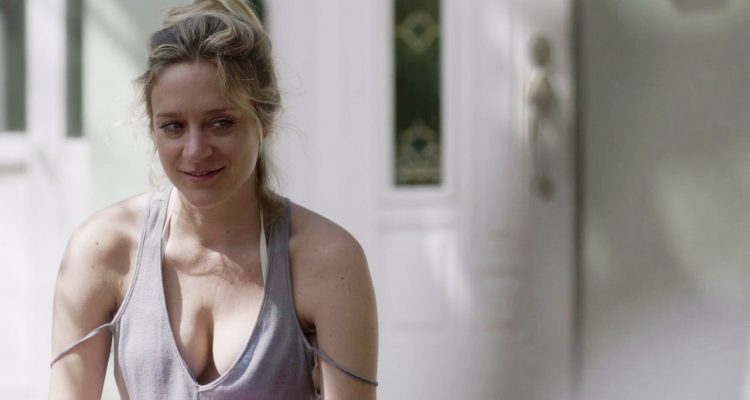Werner Herzog, Jim Jarmush, Harmony Korine, Lars von Trier, Vincent Gallo, Larry Clark, and most recently Whit Stillman — these are some of the names that Chloe Sevigny has worked with across her career. However, working with such distinctive filmmakers has not been the greatest of experiences for Sevigny who, on the eve of revealing her directorial debut “Kitty” at Cannes, gets candid about the difficulty of working with such exacting directors.
READ MORE: Cannes Critics’ Week 2016 Lineup Includes Films By Chloë Sevigny, Nadav Lapid, And More
“What I would say is that the most damaging thing about working with so-called auteurs is that I now have a total disdain for directors,” she told The Guardian. “And it’s very strong, very deep. It’s made me not enjoy acting so much any more. Writer-directors, in particular, are really hard to work with. And for so many years, that’s who I worked with.”
To be clear, Sevigny isn’t using a single brush to paint all directors she’s worked with in the past. She says she’d like to work with von Trier again and even wanted the Uma Thurman role in “Nymphomaniac,” while “Love & Friendship” continues a working relationship with Stillman that began decades ago. But it seems the personalities of some filmmakers can be tough to handle, as she describes the frenzy around Gallo’s “The Brown Bunny“(which she doesn’t regret making, un-simulated blowjob and all).
“I think Vincent is very good at whipping up hysteria. He enjoys all that, but it was not so much fun for me. Not fun when it was happening and still not so fun now. Really not,” she said.
Sevigny’s comments come at an interesting time, particularly with the ongoing conversation not just about the need for more opportunities for women in the industry, but how they’re treated as well. Late last week, writer Holly Raychelle Hughes penned a piece on XOJane detailing the bullying she received on the set of a movie that was so intense, it led her to quit the industry altogether (while the production isn’t named, it’s widely believed to be Alexander Payne‘s “Election“).
It would seem that along with talking about making more roles for women available in Hollywood, a discussion needs to happen about the systemic issues that need to be addressed to make it a welcoming environment as well.

